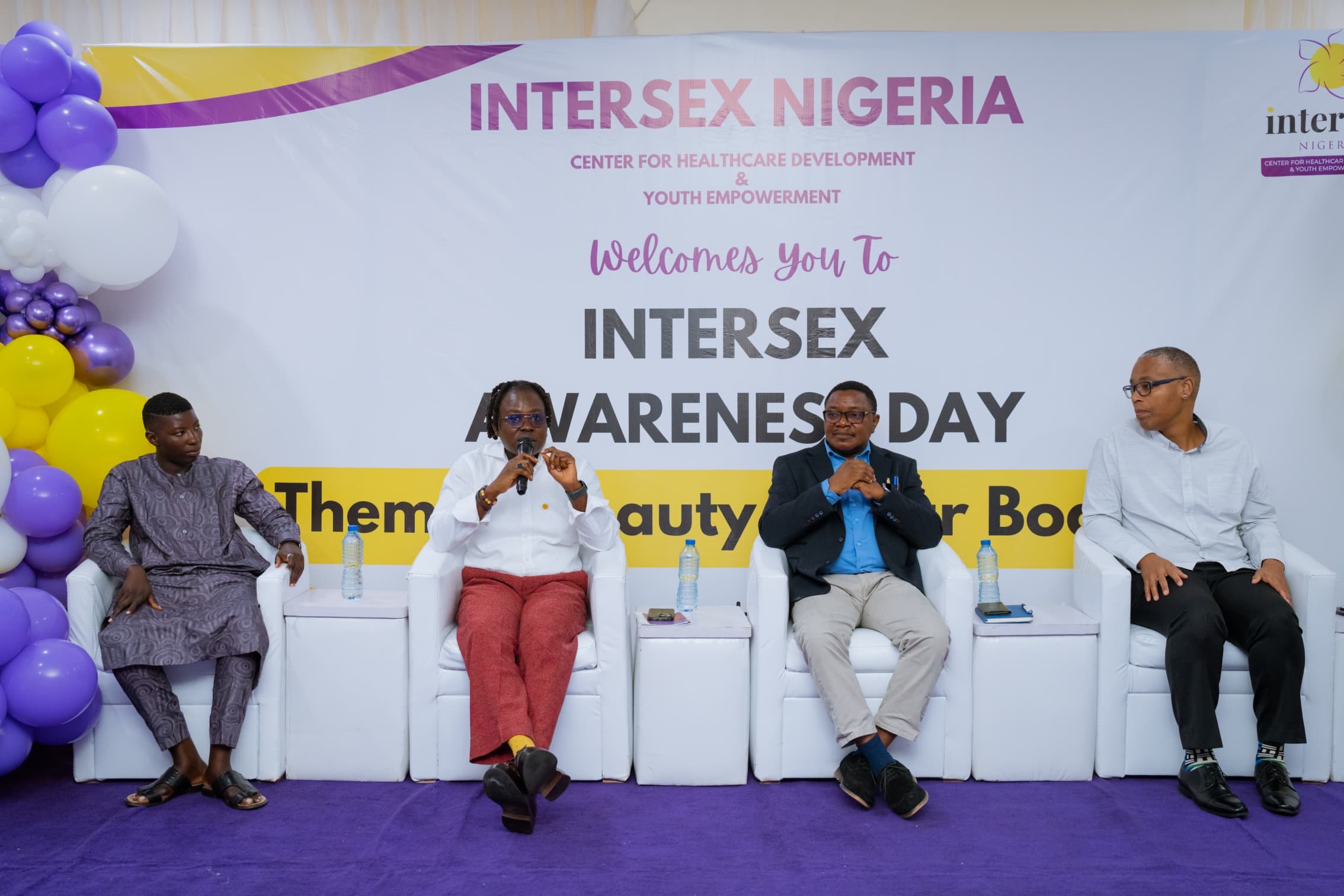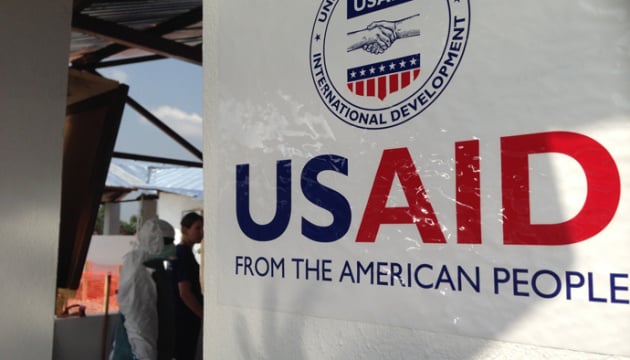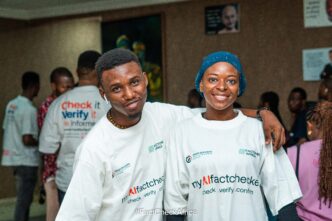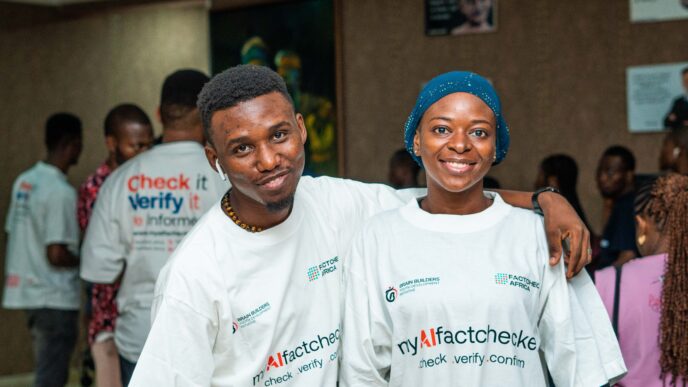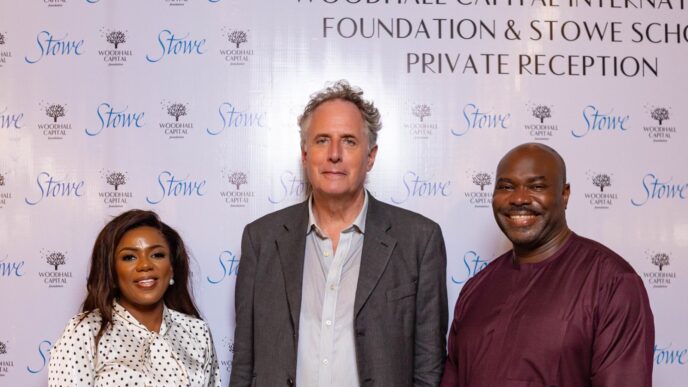L-R: David Hyellaiti, an intersex advocate; Obioma Chikwuike, executive director of Intersex Nigeria; Lucas Koyejo, director at the National Human Rights Commission, Lagos; Sean Wall, co-founder of the Intersex Justice Project based in the United States
Intersex Nigeria, a civil society organisation (CSO), has called on the National Identity Management Commission (NIMC) to address the challenges faced by intersex individuals in Nigeria regarding gender markers.
Obioma Chukwuike, executive director of Intersex Nigeria, made the call at the Intersex Awareness Day event themed “Beauty in Our Bodies.”
Chukwuike highlighted the difficulties intersex persons encounter when seeking to change their gender markers.
“Many intersex individuals, assigned male or female at birth, notice characteristics during puberty that do not align with their assigned gender. When they attempt to change their gender marker, they face confusion and sympathy rather than genuine support,” Chukwuike said.
Advertisement
Chukwuike described the experience of those assigned female at birth who do not develop typical female features, while stressing the psychological impact of these challenges.
“Imagine growing up, realising that you don’t have the female characteristics that society expects. It’s a whole lot of chaos, especially when dealing with NIMC,” Chukwuike said.
“When they approach NIMC with a request to change their gender from male to female, the first question they often get is, ‘Why?’ And then they sympathize with you, only to be told that there is no there’s no legal framework supporting their rights.
Advertisement
“Many intersex individuals struggle with their identity and self-worth due to societal pressures and the lack of recognition and awareness. The system needs to be more accommodating and understanding of our unique situations.”
Chukwuike emphasised the need for the NIMC and other government agencies to engage with intersex communities to better understand their needs and rights.
“Bodily autonomy is crucial. We need to advocate for legal recognition so intersex individuals can live authentically in a society that respects all bodies and identities,” Chukwuike added.
Advertisement
Add a comment
